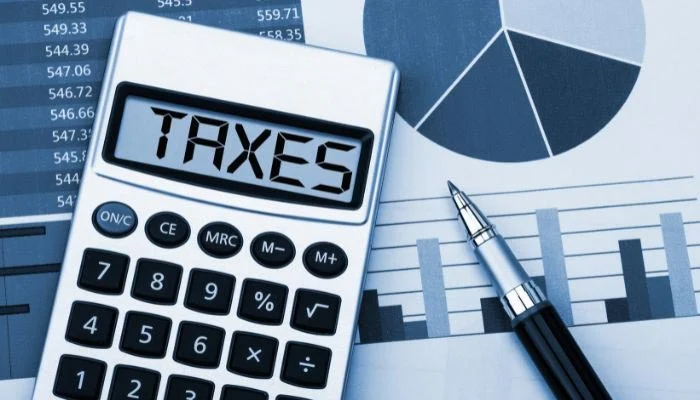
ISLAMABAD: The Islamabad High Court (IHC) on Wednesday stayed the government’s decision to levy a windfall tax from banks for the revenues generated through foreign exchange transactions, a move that analysts had said would be detrimental to the sector.
Windfall profit, in the case of commercial banks, is the income received by the banks due to a sudden decrease or sudden increase in the value of the Pakistani rupee against the dollar is being termed windfall, as per The News, with several analysts terming it a “non-starter”.
IHC’s Justice Sardar Ejaz Ishaq Khan issued the three-page order on a petition filed by a private bank against the caretaker government’s move — intended to generate revenue as the economy struggles to remain afloat. Banks were asked to deposit the amount in the national exchequer by November 30.
“The foregoing submissions […] demonstrate not only a prima facie case but also that the ingredients of balance of convenience and irreparable loss operate in favour of the petitioner. Resultantly, the operation of the impugned SRO shall remain suspended till the next date of hearing.”
As per the rules issued by the caretaker government last week, banks would now have to pay a 40% tax on windfall income generated through foreign exchange transactions in the last two years.
The government’s decision, which was announced on Wednesday, was taken to broaden its revenue base and penalise lenders involved in massive currency speculation.
In accordance with subsection (2) of section 99D of the Revenue Tax Ordinance of 2001, the government has decided to tax banks’ windfall earnings for the years 2021 and 2022, based on a certain tax formula specified in the statutory regulatory order (SRO) issued by the Federal Board of Revenue (FBR).
Analysts at Optimums Research estimated that banks’ forex transactions in 2021 and 2022 generated a windfall income of Rs87.948 billion. Approximately Rs35.18 billion in taxes will be collected by banks throughout the course of these two years.
Extreme volatility and record lows of the Pakistani rupee vs the US dollar last year led authorities to suspect manipulation by banks and exchange businesses.
The country’s foreign exchange crisis had created high volatility in the local currency, which resulted in large windfall profits for banks because the lenders were involved in currency speculation.
In June, the PDM-led government had imposed “additional tax” at a rate not exceeding 50% on income profit and gains. The FBR, through the Finance Bill 2023, included a new section “99D” (Additional tax on certain income, profits, and gains) in the Income Tax Ordinance 2001.
The IHC noted that Section 99D appears “inchoate” in that it does not spell out the consequences of the National Assembly disagreeing with the “federal government’s computation of the windfall income or its chosen rate of additional tax, and the benefit of the ambiguity over the precarious existence of the progeny of a charging section can only extend to the taxpayer”.
“Therefore, the SRO cannot but be taken to remain in abeyance until it is blessed by the National Assembly (assuming all other legal grounds operating in the department’s favour thereafter),” it added.
